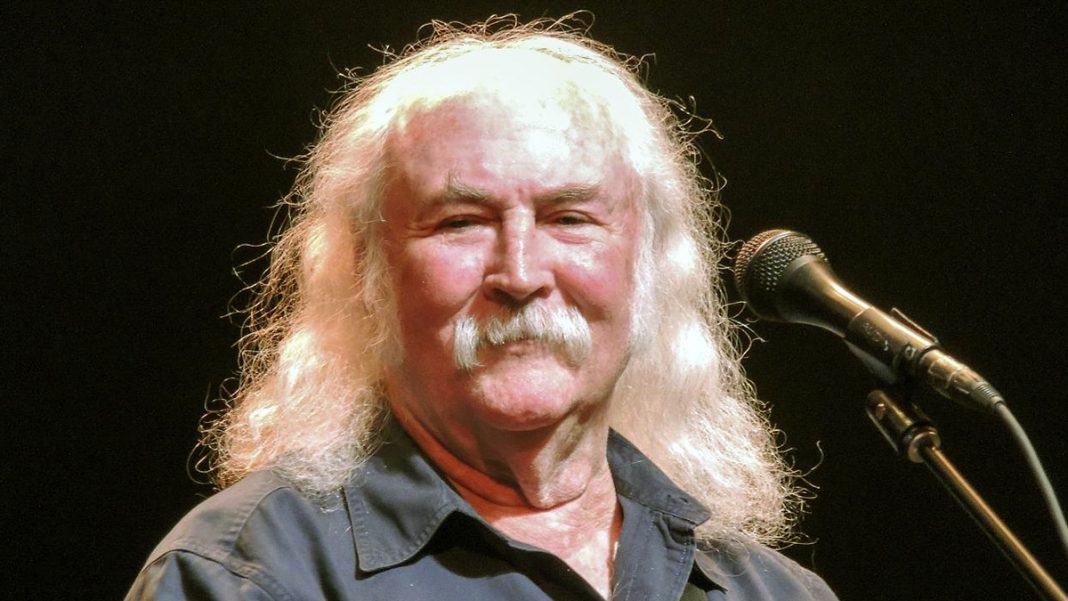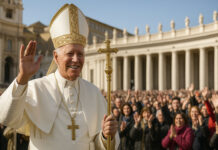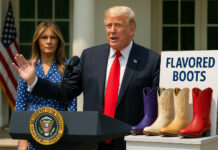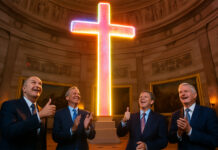Florida — David Cassidy, a singer, and actor whose androgynous features and jaunty voice made him a 1970s teen heartthrob on the “The Partridge Family” television show, died on Tuesday at age 67, his publicist said. Cassidy, who was diagnosed with dementia in his 60s, entered a Florida hospital over the weekend and succumbed to organ failure. He died in the hospital’s intensive care unit, his publicist, Jo-Ann Geffen, said in a telephone interview.
“In two years, David Cassidy has swept hurricane-like into the pre-pubescent lives of millions of American girls,” Rolling Stone magazine noted in 1972. “Leaving: six and a half million long-playing albums and singles; 44 television programs; David Cassidy lunch boxes; David Cassidy bubble gum; David Cassidy coloring books and David Cassidy pens; not to mention several millions of teen magazines, wall stickers, love beads, posters and photo albums.”
After “The Partridge Family” ended in 1974, Cassidy devoted himself to recording and songwriting, but struggled to match the success of his early-20s, with none of his subsequent albums — including the awkwardly titled “Didn’t You Used To Be?” — making a significant dent in the U.S. charts.
Cassidy did score a minor hit with “I Write the Songs” before Barry Manilow’s chart-topping version and found success overseas with “The Last Kiss,” featuring backing vocals from Cassidy admirer George Michael. He made the occasional stage and television appearances, including an Emmy-nominated performance on “Police Story.”
“I mean, how much could an actor do with a line like, ‘Hi, Mom, I’m home from school,’ or ‘Please pass the milk?”‘ he wrote in his memoir. “I didn’t see how it could do much for me. After all, I wasn’t the star of it. Shirley had top billing; I was just one of the kids.”






